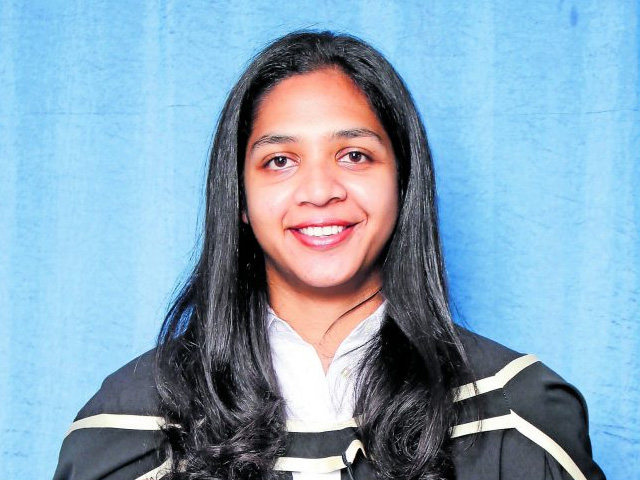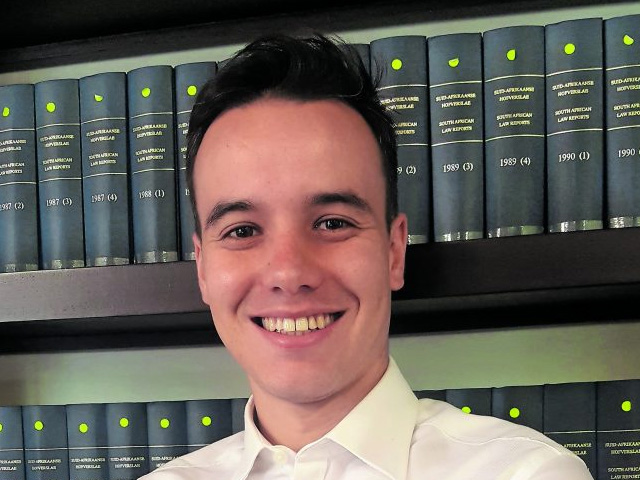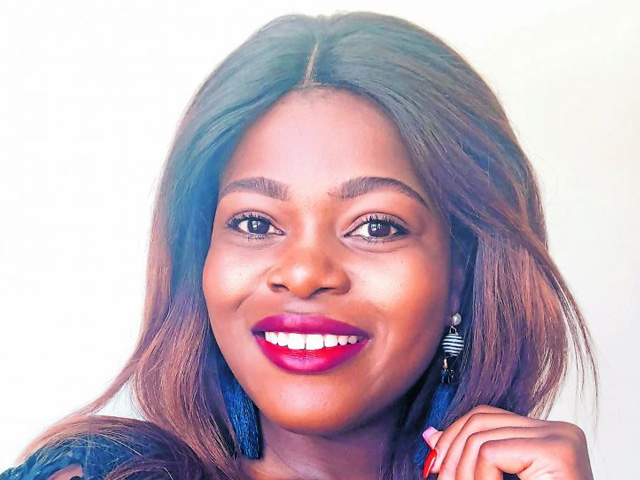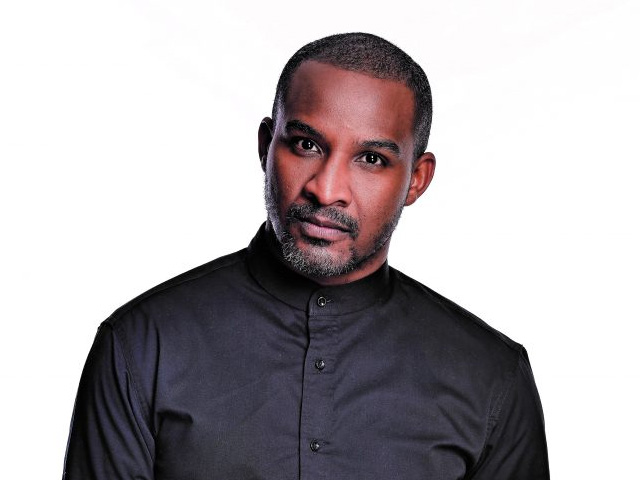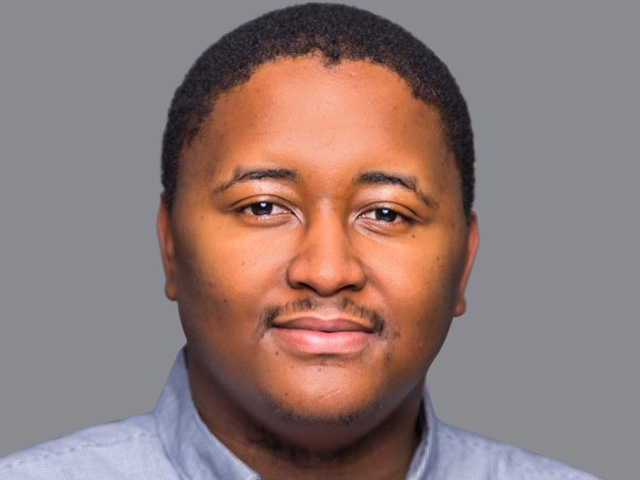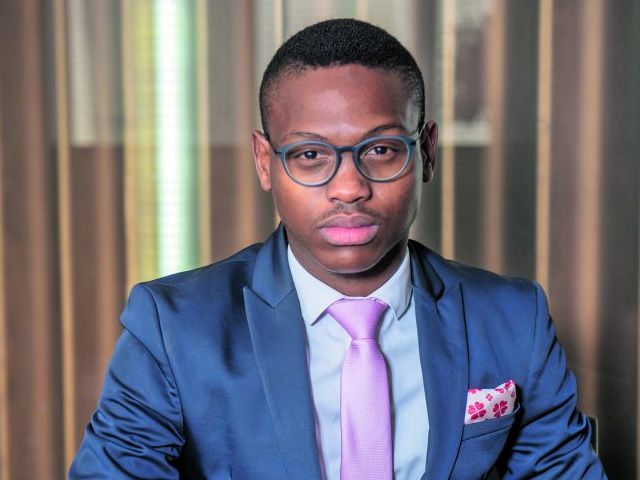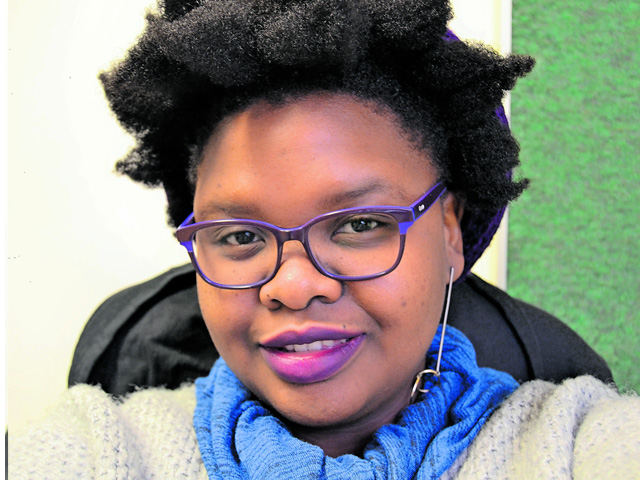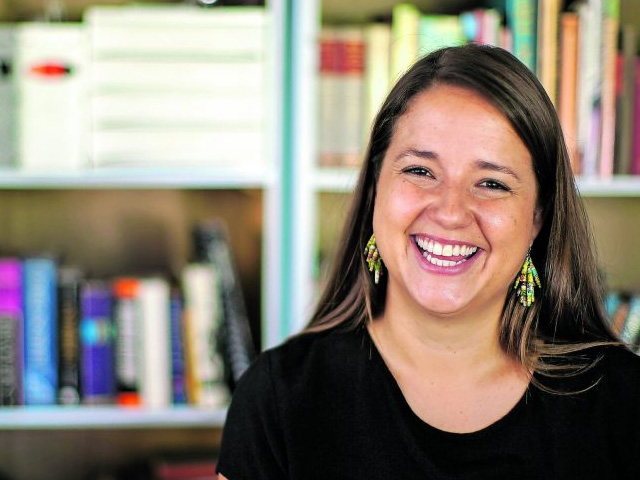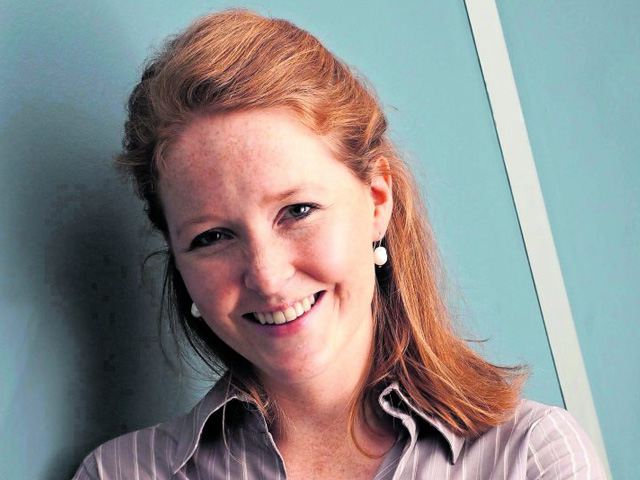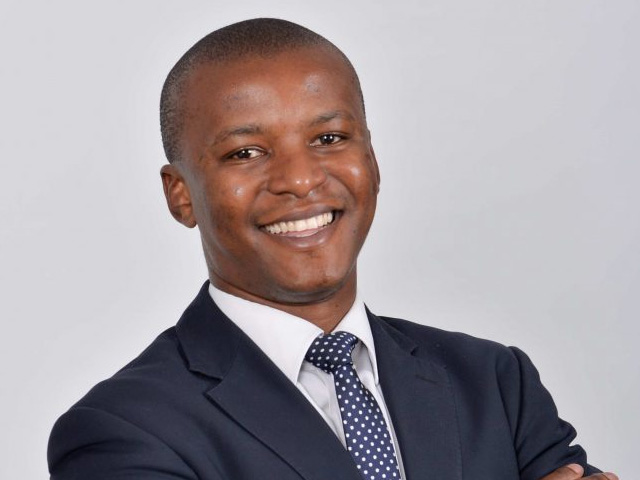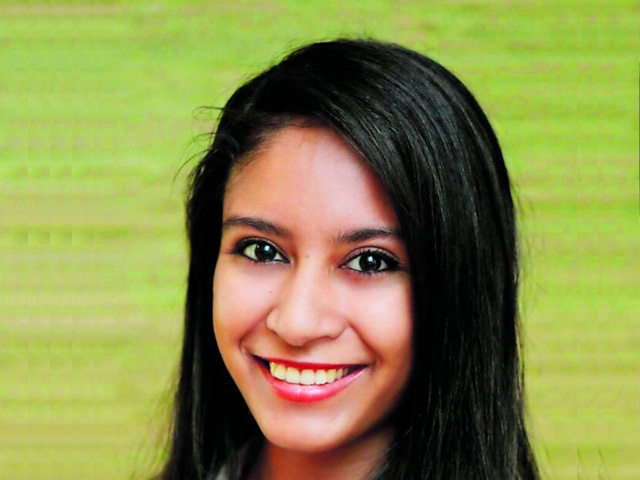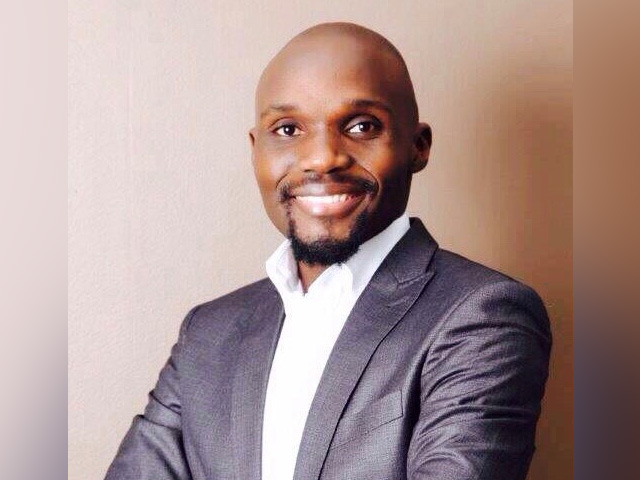Growing up, Kayaletu Tshiki was constantly chased away from school for not paying school fees or not having the full school uniform. While in school, he began to work as a gardener to raise enough money and help with school necessities such as stationery and uniforms. “For me the biggest struggle was access to resources, especially coming from a poor background. I knew I had to work three times more than my peer born on the other side of town to access university,” which he did.
Currently lecturing law at the University of Fort Hare, Tshiki graduated from the University of Sussex in 2014 with an LLM (cum laude) after being awarded the Mandela Scholarship. After completing his LLM, he established his own law firm, Tshiki and Associates, where he is a director.
Through his firm, he’s been able to develop the skills of new graduates and offer employment to the youth. Tshiki has dedicated his legal career to serving poor communities to access law and justice. Starting from his days as a candidate attorney at the Rhodes University law clinic where he was part of a team advocating for the rights of the marginalised groups — ranging from the aged, abused women, farm workers and vulnerable employees who were exploited by their employers — to the work he’s currently doing with his own law firm. The firm has partnerships with several NGOs in the Eastern Cape which they provide pro bono legal services to in certain public interest cases. The firm also provides free legal training on constitutional rights, wills and estate planning.
Tshiki is part of a team that founded the Entrepreneur In Me network which creates a platform for young entrepreneurs by connecting them with established business leaders and potential funders. He also co-founded Future Shapers, a youth-led career planning and guidance initiative for students in public schools.
He was chosen as a Mandela Washington Fellow for 2017 and is a member of Discovery Legal Service Company, a legal insurance company providing tailor-made insurances solutions for low-income earners within the Eastern Cape. “My continued sense of discomfort on issues pertaining to lack of access to resources is the fuel that has ignited in me the fire to do something about my condition, my community and ultimately my country.” — Welcome Lishivha

